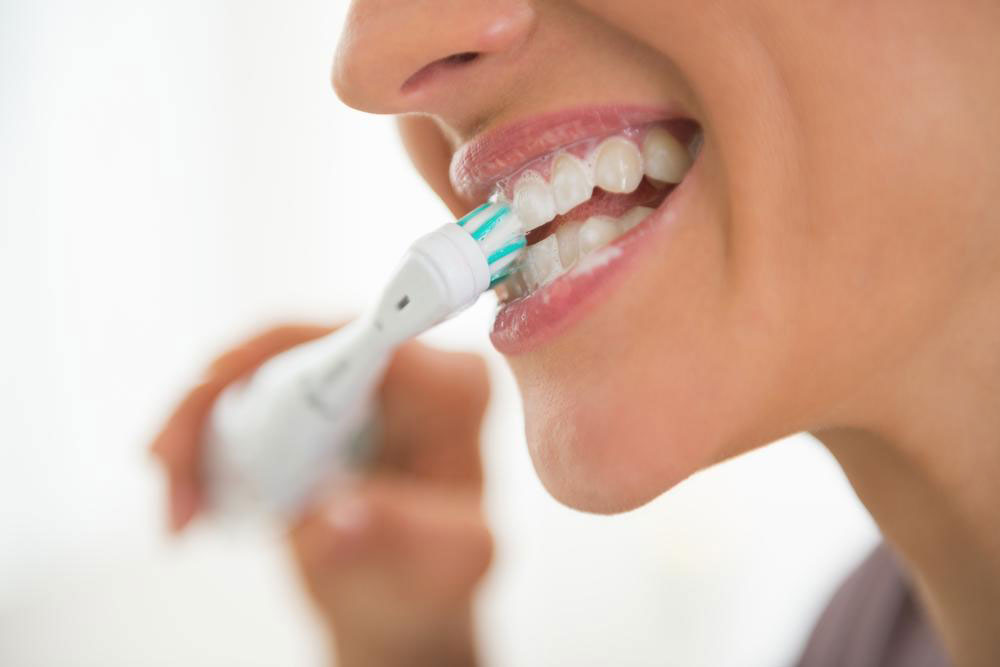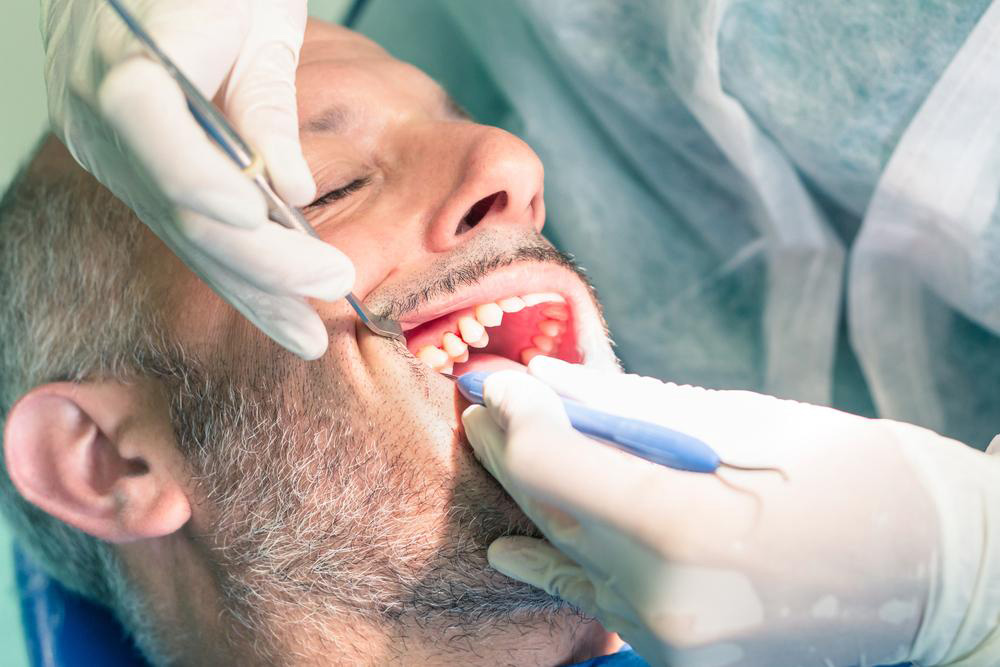Comprehensive Guide to Preventing and Managing Bleeding Gums for Better Oral Health
This comprehensive guide offers detailed insights into bleeding gums, covering causes, preventive measures, effective home remedies, and when to seek professional dental care. Maintaining healthy gums is vital for overall oral health, and early intervention can prevent serious periodontal diseases. Learn how to recognize symptoms, implement good oral hygiene practices, and seek timely treatment to ensure your gums stay strong and healthy. The article emphasizes the importance of regular dental visits and proper self-care routines for long-term oral wellness.

Comprehensive Guide to Preventing and Managing Bleeding Gums for Better Oral Health
Many individuals underestimate the importance of healthy gums, often dismissing occasional bleeding during brushing or flossing as a minor concern. However, persistent bleeding is not something to ignore, as it can be a sign of underlying oral health issues, notably gum disease or periodontal problems. Addressing bleeding gums promptly through proper care and professional guidance is essential to maintain good oral hygiene and prevent potential complications. This detailed guide will explore the causes of bleeding gums, effective prevention strategies, home remedies, and when to seek professional dental treatment. By understanding these aspects, you can take proactive measures to preserve your gum health and avoid serious dental issues.
Bleeding gums can be a warning sign of more serious health problems if ignored. Recognizing early symptoms and implementing proper care routines can significantly improve your oral health and overall well-being. This article provides in-depth insights into the causes, preventive measures, effective home remedies, and professional treatments for bleeding gums, helping you maintain strong and healthy gums throughout your life.
Here’s what you need to know about bleeding gums, their causes, and remedies.
Important Facts About Bleeding Gums
Bleeding gums often indicate underlying oral health concerns that require attention. Healthy gums should not bleed easily or frequently.
Persistent bleeding is commonly associated with gum disease, such as gingivitis or periodontitis, especially if not treated promptly.
If left untreated, bleeding gums can lead to more severe periodontal issues, including tissue destruction and tooth loss.
Preventive Measures for Healthy Gums
Understand the root cause of gum bleeding to tailor effective treatment strategies.
Maintain excellent oral hygiene by brushing gently twice daily with a soft-bristled toothbrush to prevent gum irritation or injury.
Incorporate regular flossing into your daily routine to remove plaque buildup that causes gum inflammation.
Limit consumption of sugary foods and beverages that foster bacterial growth in the mouth.
Use antimicrobial mouthwash to reduce bacteria in the mouth and promote healing.
Schedule routine dental checkups for early detection and treatment of potential issues.
Avoid tobacco products, as smoking can worsen gum disease and impair healing.
When should you consult a dentist?
If you notice bleeding gums during brushing or flossing that persists or worsens over time.
If bleeding occurs despite maintaining good oral hygiene practices.
Experiencing swelling, pain, or persistent bad breath alongside bleeding.
Professional dental treatments for bleeding gums include:
Comprehensive examination to identify underlying causes.
Professional cleaning procedures like scaling and root planing to remove plaque and tartar beneath the gumline.
Advanced treatments such as gum surgery in severe cases to restore tissue health.
Prescription of medications or local treatment options if infections are present.
Effective home remedies to control and prevent bleeding gums include:
Switch to a soft, new toothbrush to gently clean your gums without causing damage.
Brush and floss carefully and consistently, paying attention to all areas of your mouth.
Use an antibacterial mouthwash daily to reduce oral bacteria and promote healing.
Perform saltwater rinses twice a day to soothe gums and reduce inflammation.
Incorporate foods rich in vitamins C and K, such as citrus fruits, leafy greens, and peppers, to strengthen gum tissue.
Consider hydrogen peroxide rinses (diluted) for disinfection and healing support—avoid swallowing.
Consume crunchy vegetables like carrots and cucumbers to stimulate circulation and promote gum health.
Apply cold compresses on swollen areas to reduce swelling and improve blood flow.
Green tea intake can help reduce inflammation and may aid in reversing early gum disease.
Continue regular dental visits for ongoing oral health maintenance and early problem detection.
This comprehensive approach, combining proper home care and professional intervention, can significantly improve your gum health, prevent bleeding, and maintain a bright, healthy smile for years to come.




